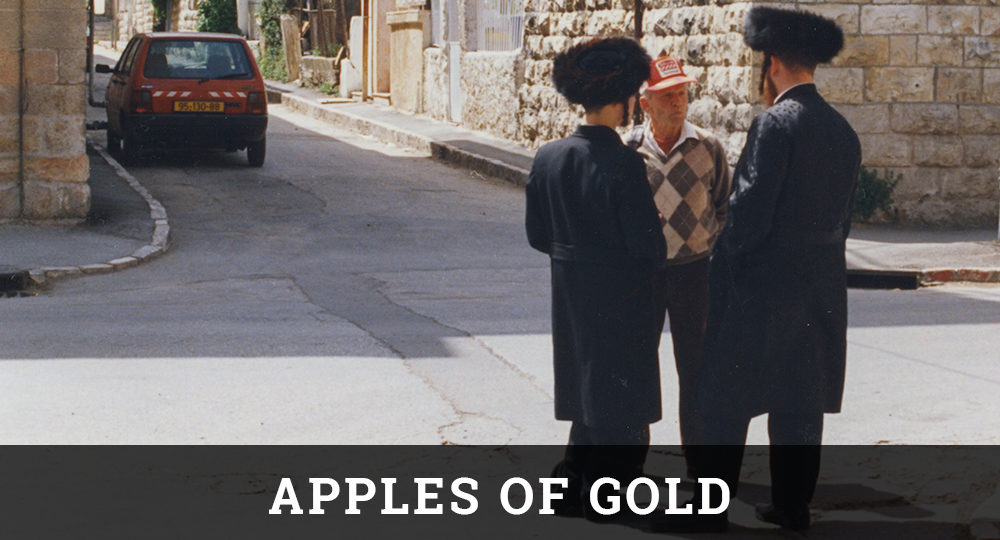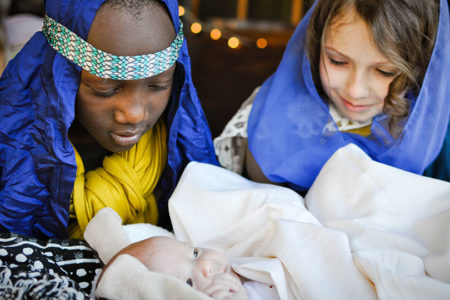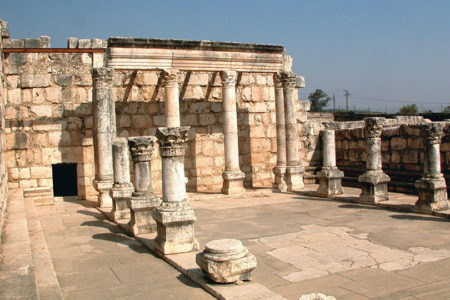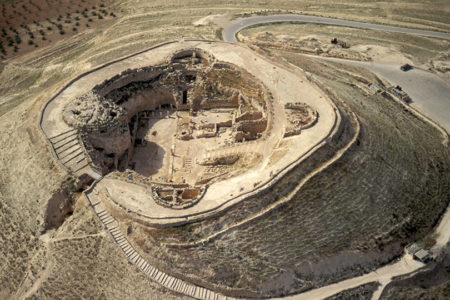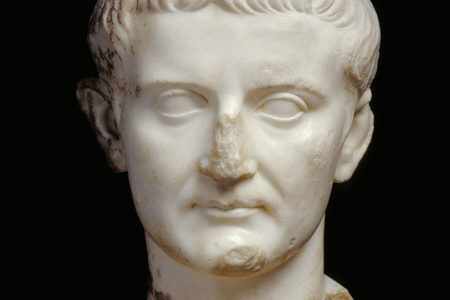Zvi Nov/Dec 2006
Living in Israel, we know what it means to fight for our lives. For 2,000 years my people dreamed of returning to Eretz Yisrael; and in the 1948 War of Independence, God answered our prayers. For 2,000 years we prayed “Next year in Jerusalem.” And in the 1967 Six-Day War, God gave us back our holy city.
But winning did not come easily. We paid with our blood. I was in the army, and I saw our enemies come against us like the mighty locusts of Egypt, certain they would cast us into the sea. But God was on our side.
Now we are at war again. This is a hard life to live. But as we say here, truth conquers all things. We are not like our enemies, who do not value human beings. They try to show the world how “good” they are, and how “cruel” Israel is, by sending their own children as suicide bombers to kill us. They do not tell the world that for each son they send, they receive $10,000.
But we know that they live in deep darkness. Where there is no faith, there is hate. I have lived in Israel 58 years. For 32 years I have lived in the same neighborhood. Many of my neighbors are Arabs. We used to be friendly and have long conversations. But they have been taught to think only of revenge, and today they come to me with great hatred. “Our day is coming,” one told me recently. “We are such a great majority, and you are nothing more than a little worm.”
“You are right,” I replied. “We are a poor, little worm. But we are not forsaken.” I read to them from Psalm 124, where it is written, “If it had not been the Lᴏʀᴅ who was on our side, when men rose up against us, then they would have swallowed us alive” (vv. 2–3).
“There are many such songs. But they are not in the Bible,” someone replied with a smirk. And who was this Arab? One of their sheiks!
Speaking to them in their own language, I asked, “Do you know what is written in the Bible?”
“Of course we know!” they all answered. I had an Arabic Bible with me, so I opened it to Deuteronomy 7:17 and handed it to the sheik. “Now read!” I told him. “Read loud enough so all your friends can hear!” There it is written,
If you should say in your heart, “These nations are greater than I; how can I dispossess them?”—you shall not be afraid of them, but you shall remember well what the Lᴏʀᴅ your God did to Pharaoh and to all Egypt: the great trials which your eyes saw, the signs and the wonders, the mighty hand and the outstretched arm, by which the Lᴏʀᴅ your God brought you out. So shall the Lᴏʀᴅ your God do to all the peoples of whom you are afraid. Moreover the Lᴏʀᴅ your God will send the hornet among them until those who are left, who hide themselves from you, are destroyed (vv. 17–20).
He began to read. But when he saw what was written, he grew quiet and told the others, “This is not for you.” But they were interested and wanted to know why their sheik was afraid to read. Someone took the Bible out of his hands and began to read loudly.
The sheik told him, “Have a good look and see if this Bible is an Israeli forgery.”
So they looked, and one replied, “No, this is the true Bible.”
“Yes,” I said. “It is. And it tells what God does to people like you, who are so thirsty for the blood of the people of Israel. Now read Exodus 15:4–22, and you will see.” So they read about God’s destruction of Pharaoh’s army in the Red Sea. As it is written in Zechariah, “‘Not by might nor by power, but by My Spirit,’ says the Lᴏʀᴅ of hosts” (4:6).
Until now, they were so sure the Jewish people took the land from the Arabs. So I asked some who are not so blind in their fanaticism, “Do you know what the Bible says about this land?”
“Of course we know,” they all replied. One said, “If you lived according to the Bible, you would never have come and taken our land of Palestine and given it this name, Israel.”
Now I was happy. Here was my big opportunity to show them the truth from God’s Word. “Who gave us this land?” I asked. “Who was the one who said, ‘For all the land which you see I give to you and your descendants forever’? [Gen. 13:15]. And who was Abraham? Was he a Muslim?”
“Of course he was a Muslim!” they all replied.
So I started from the beginning. I explained that Abraham lived about 2,700 years before Muhammad and that Genesis was written more than 2,000 years before the Qur’an. “So how could Abraham have been a Muslim?” I asked.
You must go slowly with such people, step by step. This information was new to them. At first there was much shouting. They even wanted to beat me up. But as it is written in 2 Timothy 2:24–25, “A servant of the Lord must not quarrel but be gentle to all, able to teach, patient, in humility correcting those who are in opposition, if God perhaps will grant them repentance, so that they may know the truth.”
Finally they asked me how I came to know the Lord Jesus, particularly because I am Jewish. So in the end, God gave me a wonderful opportunity to teach them the truth about Him and His salvation. They listened, and we had a long conversation.
